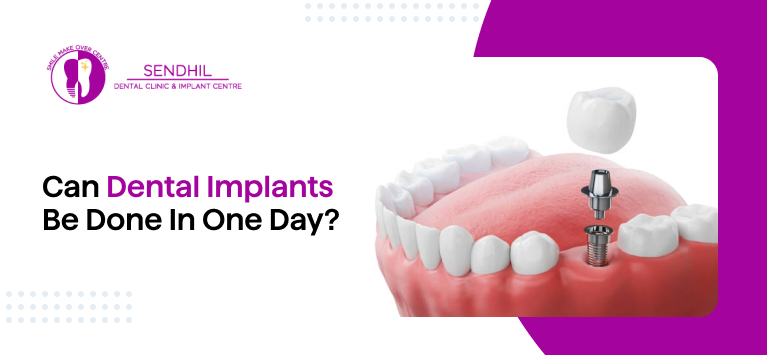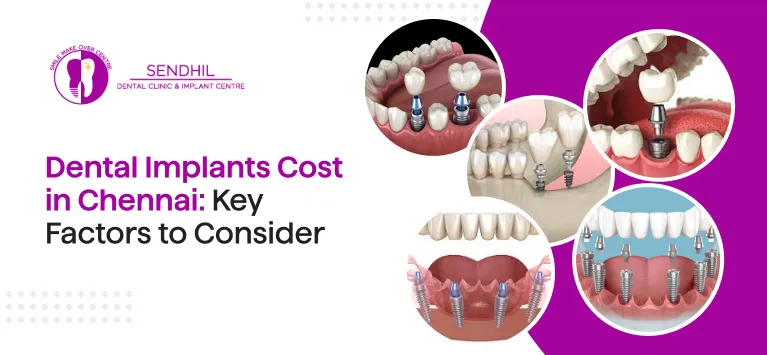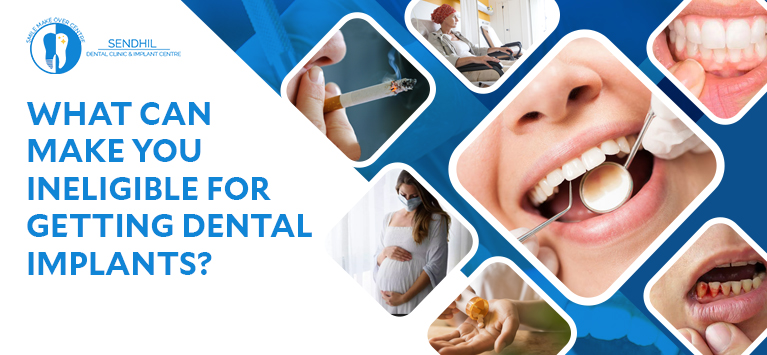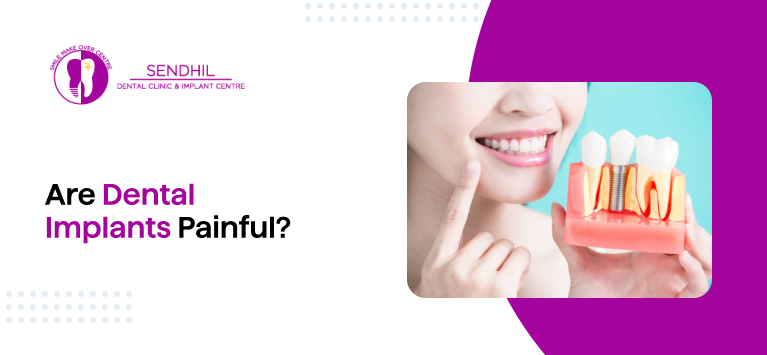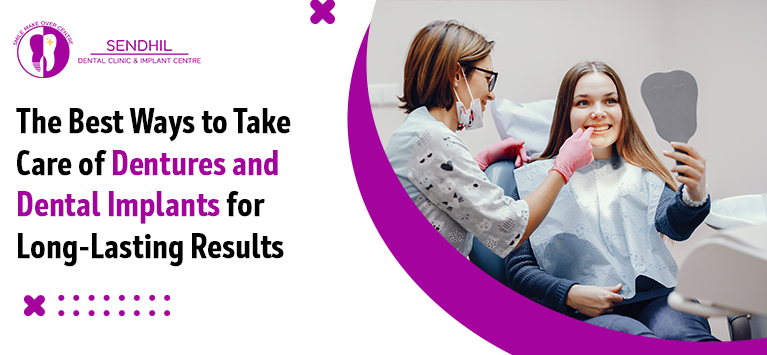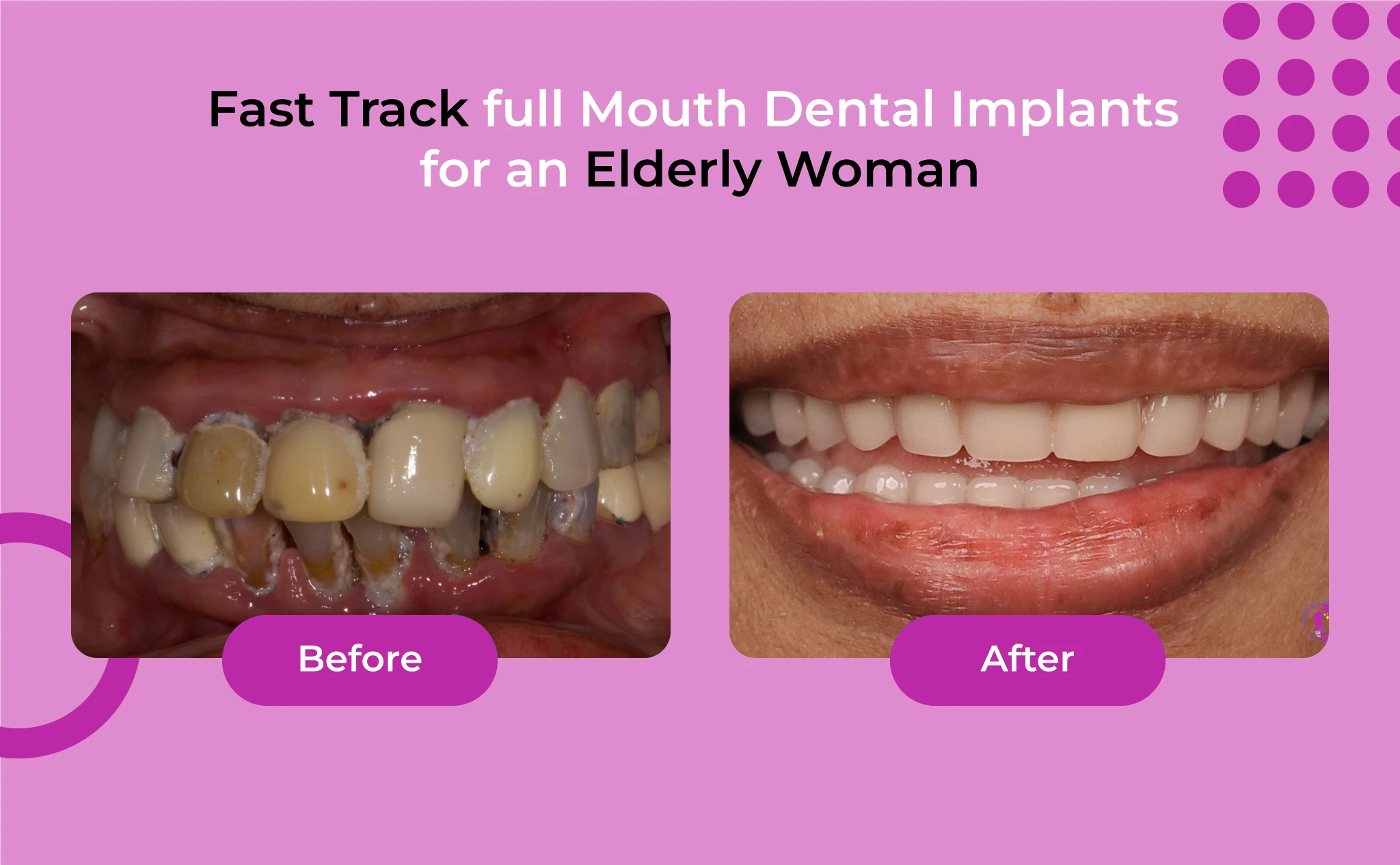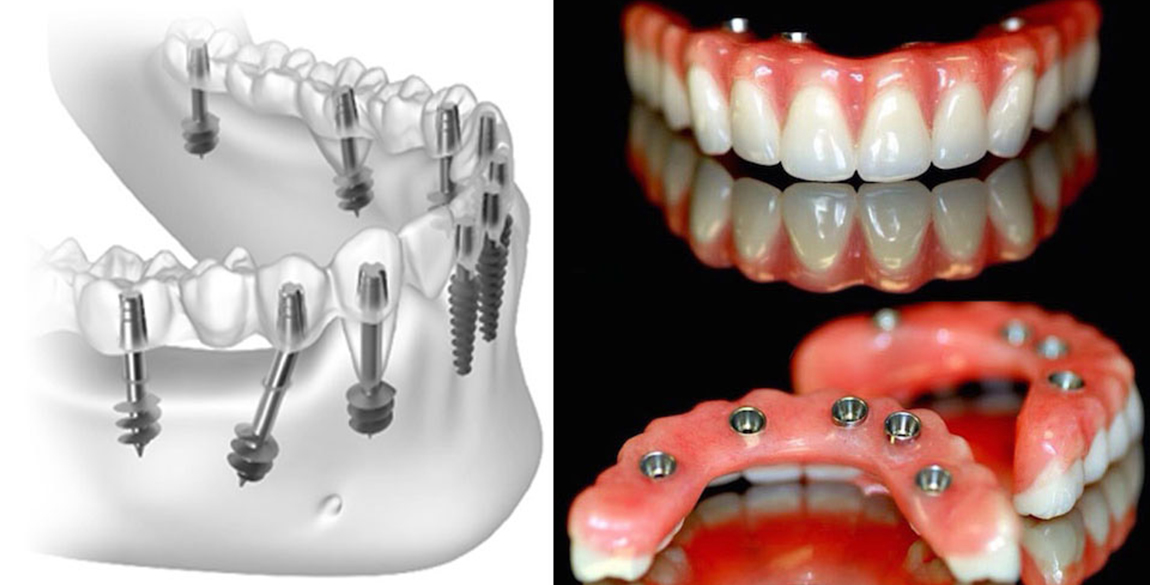Dental Implant Infection: Causes, Symptoms and Treatments
Dental Implants are effective to restore a lost tooth or multiple teeth. Dentists also suggest the implant dentistry approach for missing teeth replacement because implants are highly durable than dental bridges and dentures. You may know that the dental implants appear and perform like natural teeth.
Do you know the artificial teeth mounted on metallic posts (implants) are also vulnerable to infection?
Recent stats show that around 50% of dental implant patients develop infection after the implant surgery. Such infection puts them at the risk of implant failure.
Table of Contents
What causes dental implant infection?
Factors which stimulate oral bacteria to infect our gums are the main reason behind infection on the implants. Tobacco usage, bruxism, diabetes and poor oral hygiene are the main causes for such periodontal infections.
Certain other causes that are specific to the dental implant infections include:
- Improper placement of the implant
- Poor workmanship in the design
- Infection occurs during the implant surgery
Such infections in your gums around the implants are known as Peri-Implantitis. In general, it occurs following the implant surgery after a few days, months or years. It happens as a result of the bacterial infection, poor workmanship of implant or a combination of both.
Symptoms of an infected dental implant
In case of infections in dental implants, the patient can experience or see the following signs:
- Gum swelling
- Gum recession
- Difficulty in chewing
- Loose teeth
- Gum discoloration
- Bleeding gums
- Bad breath
If you are experiencing continuous bleeding in your gums or persistent fever even after 24 hours following the surgery, visit your dentist immediately.
What will happen if it is left untreated?
The negative effects of peri-implantitis are worse than you think. You should get treatments as soon as possible to get rid of this infection.
When peri-implantitis or dental implant infections go untreated, it causes:
- Infection in the jawbone that results in weakening of jawbone. It will lead to extract some jawbones.
- The infection will spread to the surrounding gum tissues and cripple the bone support of the neighboring teeth. It will lead to loss of multiple teeth.
- As the root of many teeth in the upper gums reach the sinus region. The infection spreads to the sinus which would lead to sinus pain.
How can we get rid of this infection?
It is possible to cure dental implant infection. Antibodies are enough to fight against the infection and prevent from spreading. It will be helpful if you get treatment in the initial stage of infection. Otherwise, you need surgical procedures to cure this infection.
With advanced technologies, a dental implant patient can get Laser Assisted Peri-Implant Procedure(LAPIP) to remove an infection in the implant region.
In certain cases, a dental implant patient needs to remove the implants to clean the infection. The chances are higher for loss of bone in that region due to the infection. Then he/she needs bone grafting surgery before implanting the artificial teeth.
Conclusion
Oral bacteria are always looking for an opportunity to exist and get inherited in our mouth. It is also possible for the development of gum disease after extracting the infection. It will affect the implant even after the implants get fused with the bone.
Hence you should maintain a proper oral care and dental implant care to make your teeth as well as the implant stand far away from such infections. It is your part of the activity to protect your implant.



